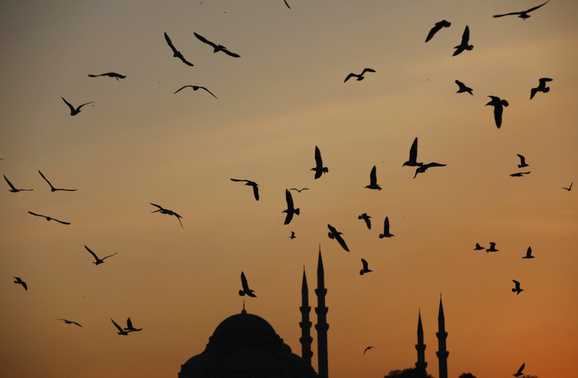Bridie Smith
The Sphinx at Gallipoli . . . the second fieldwork survey yielded new findings about life during the campaign. Photo: Alexander Turnbull Library, New
A SIMPLE Ottoman kitchen – complete with brick oven – discovered as part of a five-year survey of Gallipoli has highlighted the two extremes of life on the 1915 battlefield.
While the Diggers were eating bully beef and other canned and processed food, their Turkish opponents ate fresh produce prepared in a terraced kitchen.
The field kitchen was built much closer to the front line than the Allied food area, which was littered with tins and jam jars.
Located during the second phase of a combined Australian, New Zealand and Turkish project to survey the battlefield before the 2015 centenary, the Ottoman kitchen was among the most revealing discoveries made last month, according to the survey archaeologist Tony Sagona from Melbourne University.
”One of the things that struck me … was that all the metal food containers that we found came from the Anzac side of the battlefield … The Ottoman army was largely cooking their food brought in from the villages.”
The Allies had field kitchens with camp fires and their diet differed dramatically. Turkish archives suggest soup was a feature on the Ottoman menu.
On the northern front line areas of the battlefield, archaeologists and historians found one of Gallipoli’s most significant sites on the peninsula’s scrubby vegetation – Malone’s Terraces at Quinn’s Post, considered a critical part of the Allied line.
The historian Richard Reid said the Ottoman army and the Anzacs would have been no more than 10 metres apart. ”If either side had broken through, that would have been the end of the campaign,” he said.
The Allied terrace was named after Lieutenant-Colonel William Malone, of New Zealand’s Wellington Battalion, who organised the building of the terraces for troops to sleep in. This dramatically improved conditions when the Kiwis took over from the Australians in June 1915.
Malone’s Terrace was one of over 30 dugouts, terraced areas and tunnel entrances surveyed last month. More than 1700 metres of trench were also traced, in addition to the 4000 metres of trench mapped last year.
Among more than 130 artefacts retrieved were buttons, belt buckles, bullet shells, shards from medicine jars and three bullet-holed water bottles.
via Ottoman army enjoyed fresh food on front line.
